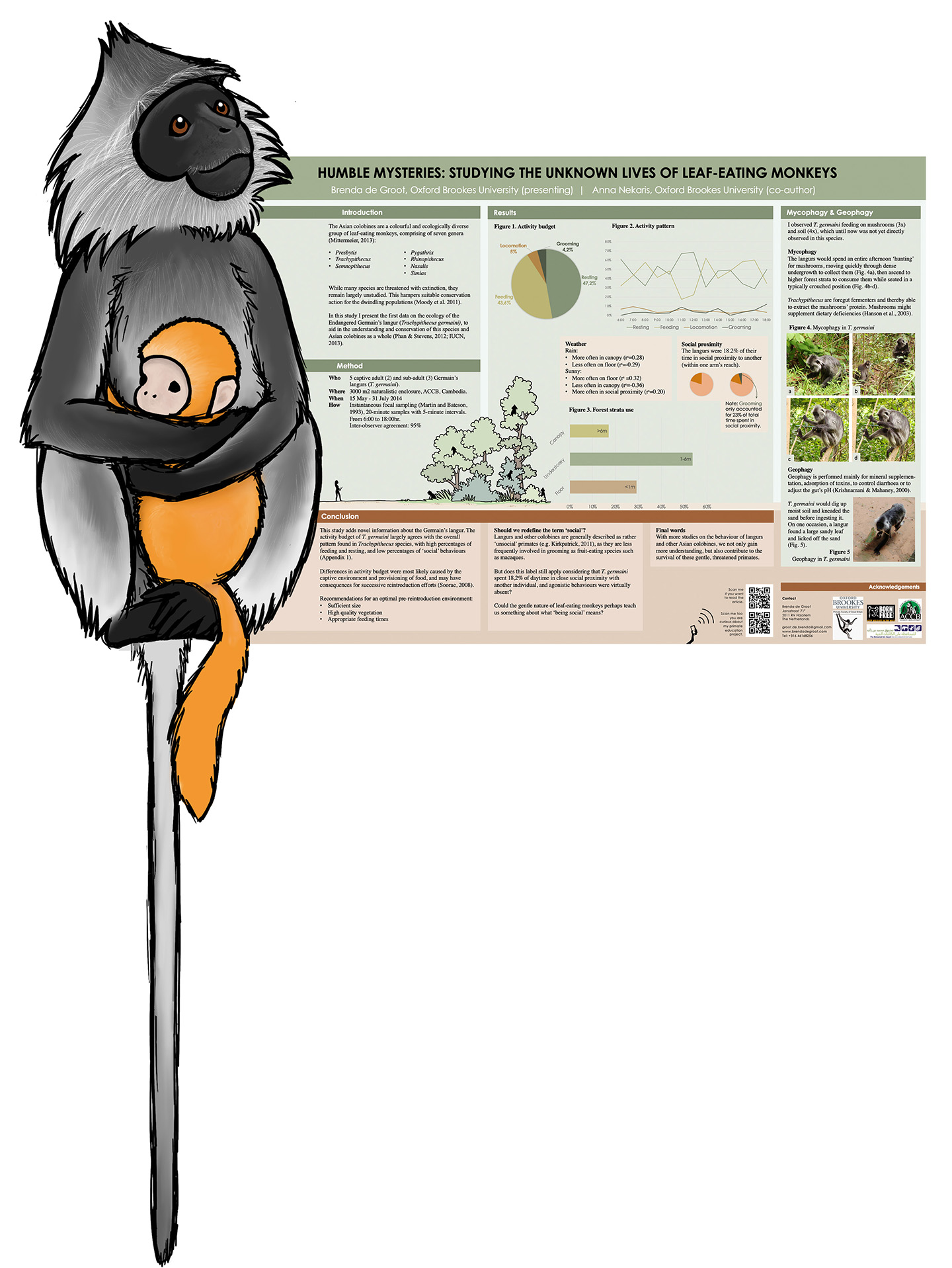
Research_
The Moral Standing of Animals
The psychology of speciesism
How much moral concern do we have for different animals? And to what extend does their sentience, cognitive capacity and likability explain their respecitve places on the circle of moral concern? This study explores people’s evaluations of moral standing of a large range of animal species, and the cognitive and affective determinants that contribute to this evaluation.
Collaborators: Jacy Reese Anthis, Dr. Matti Wilks, Dr. Mariska Kret
Animal Ethnography
Upgrading ethology in the animal turn
I developed a new cross-disciplinary method for studying other animals (i.e. their behaviour, culture and subjective experiences), that takes them seriously, as nonhuman persons, agents and subjects of a situated life. The project’s working title is animal ethnography, as it applies ethnographic techniques including (but not limited to) participant observation, thick description and video. The approach embraces the collection and publication of qualitative data, to compliment, enrich and deepen existing quantitative studies, with the aim to promote a high level of scientific rigour while facilitating a holistic understanding of animal lives, societies, behaviours and minds.
Publications_
Journal articles
Straffon, L. M., de Groot, B., Gorr, N. D., Tsou, Y. T., & Kret, M. E. (2024). Developing drawing skill: Exploring the role of parental support and cultural learning. Cognitive Development, 70, 101444.
De Groot, B., Gorr, N.D., Kret, M.E., Rieffe, C., Tsou, Y.T., & Mendoza Straffon, L. (2023). Development and preliminary validation of a questionnaire to measure parental support for drawing. Journal of Thinking Skills and Creativity, 101228. https://doi.org/10.1016/j.tsc.2022.101228
De Groot, B., and Cheyne, S.M. (2016). Does mirror-enrichment improve primate well-being? Animal Welfare 25(2), 163 – 170. https://www.ufaw.org.uk/downloads/de-groot.pdf
De Groot, B., and Nekaris, K.A.I. (2016). Ecology of the Germain’s Langur (Trachypithecus germaini) in a pre-release environment and the implications for its conservation. Asian Primates Journal 6(1), 2 – 14. https://tinyurl.com/tgermaini
Presentations
De Groot, B. (2022, August 1). Animal ethnography: A cross-disciplinary approach for understanding animals [Flash talk]. Diverse Intelligences Summit 2022, St. Andrews, Scotland.
Posters
De Groot, B. and Nekaris, K. A. I. (2018, November 28-30). Humble mysteries: Studying the unknown lives of leaf-eating monkeys. [Poster presentation]. NVG 26th annual meeting, Egmond aan Zee, The Netherlands. https://www.gedragsbiologie.nl/meetings/ View poster
De Groot, B. and Ploeger, A. (2015, April 16-17). Primate empathy: Review of the evidence in two taxa. [Poster presentation]. Evolutionary Psychology & Primatology in the Low Countries, Conference organised by CBEN, Amsterdam, The Netherlands. http://www.cognitionbehaviorevolution.nl
De Groot, B., Gorr, N.D., Kret, M.E., Rieffe, C., Tsou, Y., & Mendoza-Straffon L. (2021, September 10). Preliminary development and validation of a questionnaire to measure parental support for drawing. [Poster presentation]. EADP Summer Tour, Poland (online). https://www.eadp.info View poster
Other
De Groot, B. (2019). Conserving livelihoods and the Chamba Sacred Langur. Zoo’s Print, 34(8), 8 – 9. View issue
Media et al._
Interviewee – 60 second scientist by Kristyn Sommer
On what adults can learn from children if it comes to seeing and respecting animals.
Primate behaviour advisor – AAP
I advised Yannik Josefzoon on gorilla behaviour as he played the main character, a gorilla, in the Dutch children’s series AAP (2022).
The series was broadcasted on public television in The Netherlands.
Fun fact: the director named the gorilla Benedict de Groot. I said I’d put it on my CV.
Podcast guest – Helden en Hordes
On veganism, speciesism, cognitive dissonance reduction, biophilia and sentientism


